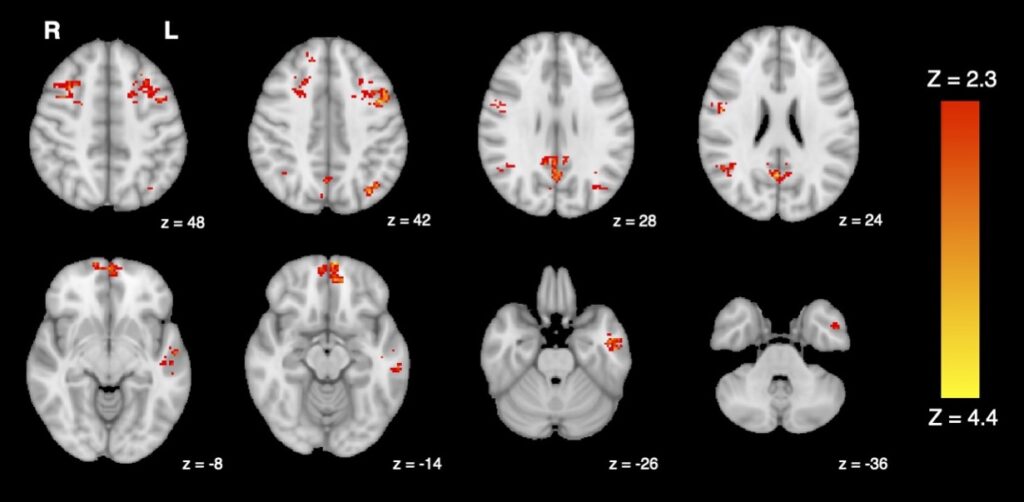
Researchers have taken looking for love to a whole new level, revealing that different types of love light up different parts of the brain. We use the word ‘love’ in a bewildering range of contexts – from sexual adoration to parental love or the love of nature. Now, more comprehensive imaging of the brain may shed light on why we use the same word for such a diverse collection of human experiences.
‘You see your newborn child for the first time. The baby is soft, healthy and hearty – your life’s greatest wonder. You feel love for the little one.’
The above statement was one of many simple scenarios presented to fifty-five ...
Read More









Recent Comments